Delicate and pure essential oils have long been treasured for their aromatic potency and therapeutic properties, making them sought-after commodities in the realm of natural wellness, beauty and aromatherapy. Whether it’s green tea, honey, agave, nut and seed oils, spices, or any essential oil, it is vital to be a discerning consumer and choose reputable sources for these types of delicate ingredients.
The widespread interest in essential oils for their therapeutic, medicinal, and cosmetic applications has indeed led to both their popularity and the proliferation of misinformation. As a result, navigating the realm of essential oils has become increasingly challenging, with the potential for misuse and adulteration posing significant risks to both consumers and the integrity of these natural remedies. Nonetheless, it's essential to recognize that when used correctly and sourced from reputable suppliers, essential oils can offer valuable benefits to individuals seeking holistic solutions for their well-being and beauty needs.With the popularity of natural and organic products, some brands are also jumping on a marketing opportunity to differentiate themselves and trying to pull customers away from the booming green beauty industry that typically formulates with EO's by telling consumers, "we don't use essential oils - they aren't good for you" – or worse, statements saying "essential oils are toxic." Which is absolutely not true and misleading.
Pure, professionally formulated, organic essential oils can play a significant role in supporting skin health due to their diverse healing and antioxidant properties. However, the key lies in proper usage and ensuring the oils meet certain criteria, including purity, freshness, and appropriate concentrations. Problems can arise when essential oils are not used correctly or when low-quality or adulterated products enter the market. Such issues can lead to skin sensitization, health risks, and disappointment in the effectiveness of essential oils. It's crucial to be discerning and well-informed when selecting and using EO's to reap their full benefits while avoiding potential pitfalls in skincare and natural health practices.
It is true that some individuals may be sensitive or allergic to certain components of essential oils and it's equally important to acknowledge that many people can safely and effectively enjoy the therapeutic benefits of pure, organic, and unadulterated essential oils.
Essential oils, when properly used and suited to an individual's skin type and needs, can offer a wide range of benefits, including soothing and regenerative properties. Their diverse molecular composition are responsible for both potential allergens and therapeutic effects. As with any skincare ingredient, individual reactions can vary. It's essential to perform patch tests and consult with skincare professionals when incorporating essential oils into your skincare routine. This personalized approach ensures that you can harness the potential benefits of essential oils while minimizing the risk of adverse reactions, ultimately recognizing that there is no single universal skincare ingredient suitable for everyone.
Essential oils are extremely complex and powerful and must be formulated professionally.
While many essential oils offer therapeutic benefits when used correctly, there are certain essential oils that can be dangerous if used improperly. This is particularly true when it comes to ingesting essential oils, which is generally not recommended without the guidance of a qualified aromatherapist or healthcare professional. Inappropriate topical application, such as using undiluted or "neat" essential oils directly on the skin, can also lead to skin irritation, sensitization, or other adverse reactions. Dilution with a suitable carrier oil is typically recommended to minimize the risk of skin issues.
Essential oils capture the essence of plants, preserving their beneficial properties and aromatic qualities. It's important to recognize that the same dynamic mixture of molecules that contributes to the therapeutic power of essential oils can also be responsible for sensitivity and potential irritation in some people. This duality underscores the need for careful and informed use of EO's to harness their benefits while minimizing the risk of adverse reactions.
Understanding the chemical composition of essential oils and their potential effects on the skin and body is essential for making informed decisions about their use. Dilution, patch testing, and consulting with experts in aromatherapy or skincare can help to strike the right balance between enjoying the benefits of essential oils and ensuring their safety and efficacy in various applications.
For some who have extremely sensitive skin and/or skin issues, EO’s should be avoided at first to find out what is going on with the skin. Sensitive skin is not a type, it's a condition, which can ultimately be healed, but many ingredients should be avoided when the condition is active to determine what is going on internally and on the surface of the skin. This is why, as with any new product, we recommend you do a patch test first.
The effectiveness of essential oils in skincare is contingent on several factors:
-
Purity and Quality: High-quality, pure essential oils are vital for reaping their full therapeutic benefits. Inferior or adulterated oils may not deliver the desired results and could even be harmful.
-
Shelf-life and Oxidation: Essential oils are sensitive to oxidation, and using expired or oxidized oils can lead to reduced efficacy and potential skin irritation. Proper storage and handling are crucial.
-
Dilution: Essential oils must be used at precise concentrations to ensure their safety and effectiveness on the skin. Inappropriate concentrations, such as using too much, can lead to adverse reactions.
-
Formulation: Skincare products that incorporate essential oils need to be carefully formulated to maintain the oils' integrity and avoid sensitizing or irritating effects. Inexperienced brands or poorly formulated products can lead to negative outcomes.
-
Aroma Cover-up: Some brands may use excessive amounts of essential oils to mask natural aromas from other ingredients, which can result in overly concentrated formulations that may not be suitable for topical use.
We always formulate our products in small batches and make all of our essential oils in-house to preserve the peak freshness of each ingredient. This dedication to quality ensures that you always get the very best product for your skin, scalp and hair. It takes more time and comes with a greater financial burden, but it is the most important, foundational step we can take to deliver the highest quality products.
Industry professional, Sandra Chiu LAC, an herbalist and acupuncturist who focuses on holistic dermatology, shares her opinion:
ESSENTIAL OILS DO HAVE A SHELF LIFE
EO’s, just like any pure oil, have a shelf-life and degrade over time, with the rare exception of patchouli, vetiver, and sandalwood, which improve with age. Essential oils should be stored in a cool, dark place or even refrigerated. Exposure to spoiled essential oils may[8] cause skin rashes and more serious allergic reactions.
There are some common allergens within essential oils, but can also be found as "isolates," which are molecules removed/isolated from a natural fragrance material and can be added to products for fragrance and preservation:
Linalool, found naturally in lavender and helichrysum is very stable. Limonene and Geraniol, found naturally in geranium and grapefruit is less stable. Farnesol, Benzyl Benzoate - when noted on labels as “natural constituents within essential oils," these are legal notations required by the EU that the allergens stated are already WITHIN the essential oils, not isolates added to the formulation.
In addition to additives, many companies (usually for cost-effective reasons) pass off one essential oil for another[9]. This not only affects the integrity of the EO and it’s potential in being therapeutic, but it can actually increase the possibility of sensitivity and allergic reaction.
Hope Gillerman of Hope Gillerman Organics is the author of the book Essential Oils Every Day and she expresses her thoughts on Essential Oils in skincare - here are a few highlights:
"First, the more diluted an essential oil product, the safer it is to use. Skincare products use such small amounts of essential oils, there is much less likelihood of a reaction. For example, jasmine absolute is a possible skin irritant at levels of more than .7%. While this amount may sound like very little, Jasmine has such an intense, strong scent and high cost, it is unlikely to be more anywhere near that percentage in a skincare preparation, whereas it might be in a much higher concentration in a “natural perfume”. - Hope Gillerman
"Second, the closer essential oils get to your face, the more they will affect your health and wellbeing. Essential oils evaporate into invisible vapors as soon as they are exposed to air. When you apply to your face, you breathe in the essential oil vapors. and then your body absorbs these vapors very effectively and quickly into your brain and lungs. Not only can inhaling an essential oil change your mood and lower your anxiety level, it can also lower the cortisol in your bloodstream. If you think of how stress and hormonal changes have such a powerful effect on our skin, how perfect that we have built-in stress reducers (like neroli and sandalwood for sensitive skin) and hormone balancer (like geranium and clary sage for breakouts and aging skin) in our skincare regime. My skin would still be covered in a rash every September if it weren’t for the essential oils in my face oil." - Hope Gillerman
THE PROVEN BENEFITS OF UNADULTERATED ESSENTIAL OILS
The benefits of applying pure essential oils to the skin are numerous. There are hundreds of verifiable, scientific studies. Rose oil for example, as discussed in a recent paper published January 12, 2018 - “Essential Oils And Their Single Compounds In Cosmetics - A Critical Review” By Asja Sarkic and Iris Stappen, from the Department of Pharmaceutical Chemistry, University of Vienna, has antimicrobial, anti-HIV, anti-inflammatory and antioxidant properties[10]. And due to its antibacterial properties, Rose EO is incredibly effective as a moisturizing treatment to support congestion.
The same paper discussed a study conducted to compare the effects of a German chamomile extract and 1% topical hydrocortisone ointment in colostomy patients diagnosed with peristomal skin lesions. And the results implicated that chamomile oil is just as an effective treatment for skin lesions, showing anflammation support and antipruritic effects.
"In addition to healing scar tissue, essential oils have also been proven to have sun-blocking and wrinkle-reducing effects[11]. With all the positive research around the use of pure, unadulterated essential oils[12], it’s really unfortunate how brands that choose not to use EO’s are influencing people and the negativity in the market surrounding truly incredible, therapeutic botanicals. I urge everyone to do proper research on brands and products that claim to use essential oils because when they are pure, fresh, unadulterated, and formulated professionally, they can be incredibly effective for so many skin issues and slowing skin aging and decline." — Essential Oils And Their Single Compounds In Cosmetics - A Critical Review By Asja Sarkic and Iris Stappen,
[1] Aruoma O.I. Free radicals, oxidative stress, and antioxidants in human health and disease. J. Am. Oil Chem. Soc. 1998;75:199–212. doi: 10.1007/s11746-998-0032-9.
[2] https://www.sciencedirect.com/science/article/pii/S0378874117300120
[3] https://www.sciencedirect.com/science/article/pii/S2214008517300068
[4] http://www.journalrepository.org/media/journals/EJMP_13/2012/Dec/1354795022-Bertuzzi%20et%20al_312012EJMP1987.pdf
[5] https://www.ncbi.nlm.nih.gov/pubmed/18838824
[6] https://www.sciencedirect.com/science/article/pii/S221400851730010X
[7] https://www.sciencedirect.com/science/article/pii/S0167732215303834
[8] http://info.achs.edu/blog/debunking-dangerous-myths-about-essential-oils
[9] https://westcoastaromatherapy.com/wp-content/uploads/2016/03/The-Adulteration-of-Essential-Oils.pdf
[10] 1/12/18 Essential Oils And Their Single Compounds In Cosmetics - A Critical Review- Asja Sarkic and Iris Stappen, Department of Pharmaceutical Chemistry, University of Vienna
[11] https://www.sciencedirect.com/science/article/pii/S1011134416310016
[12] https://www.ncbi.nlm.nih.gov/pubmed/10082788
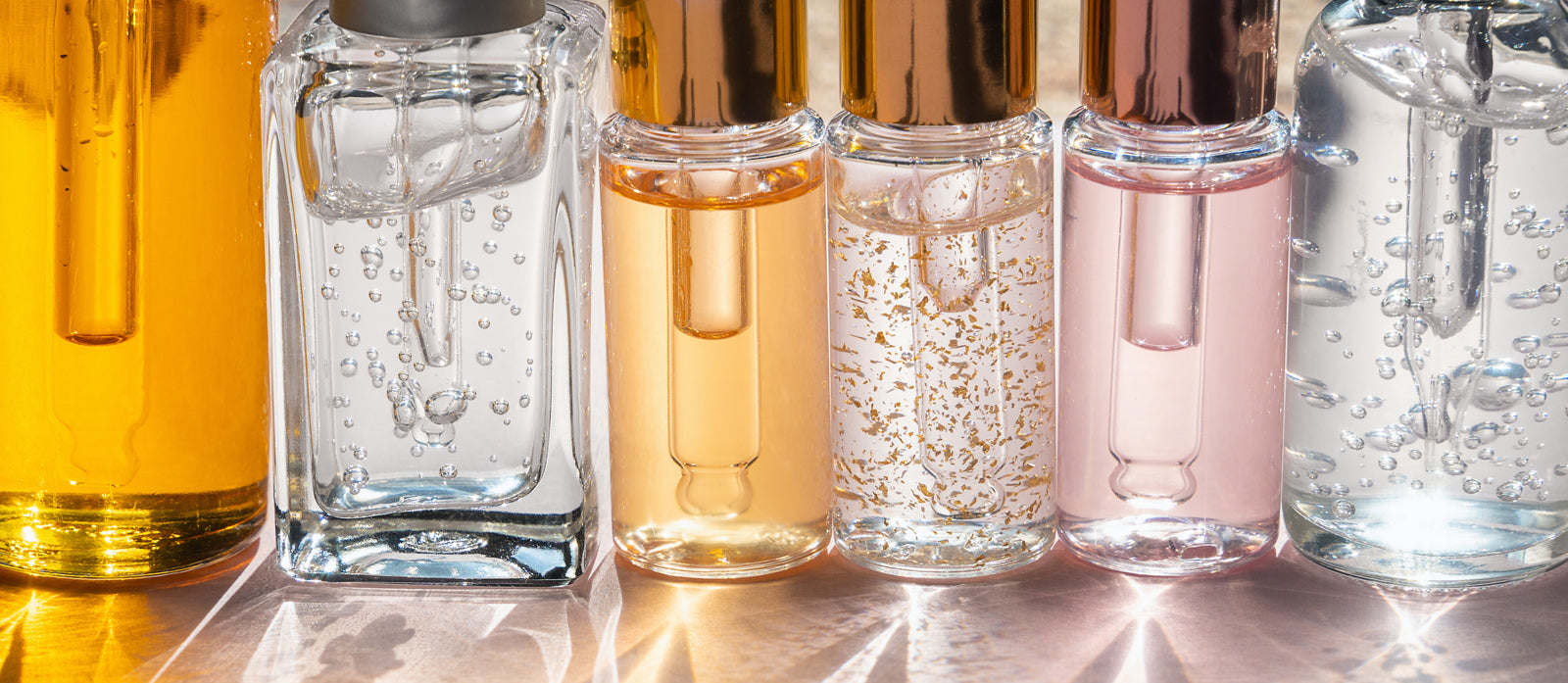

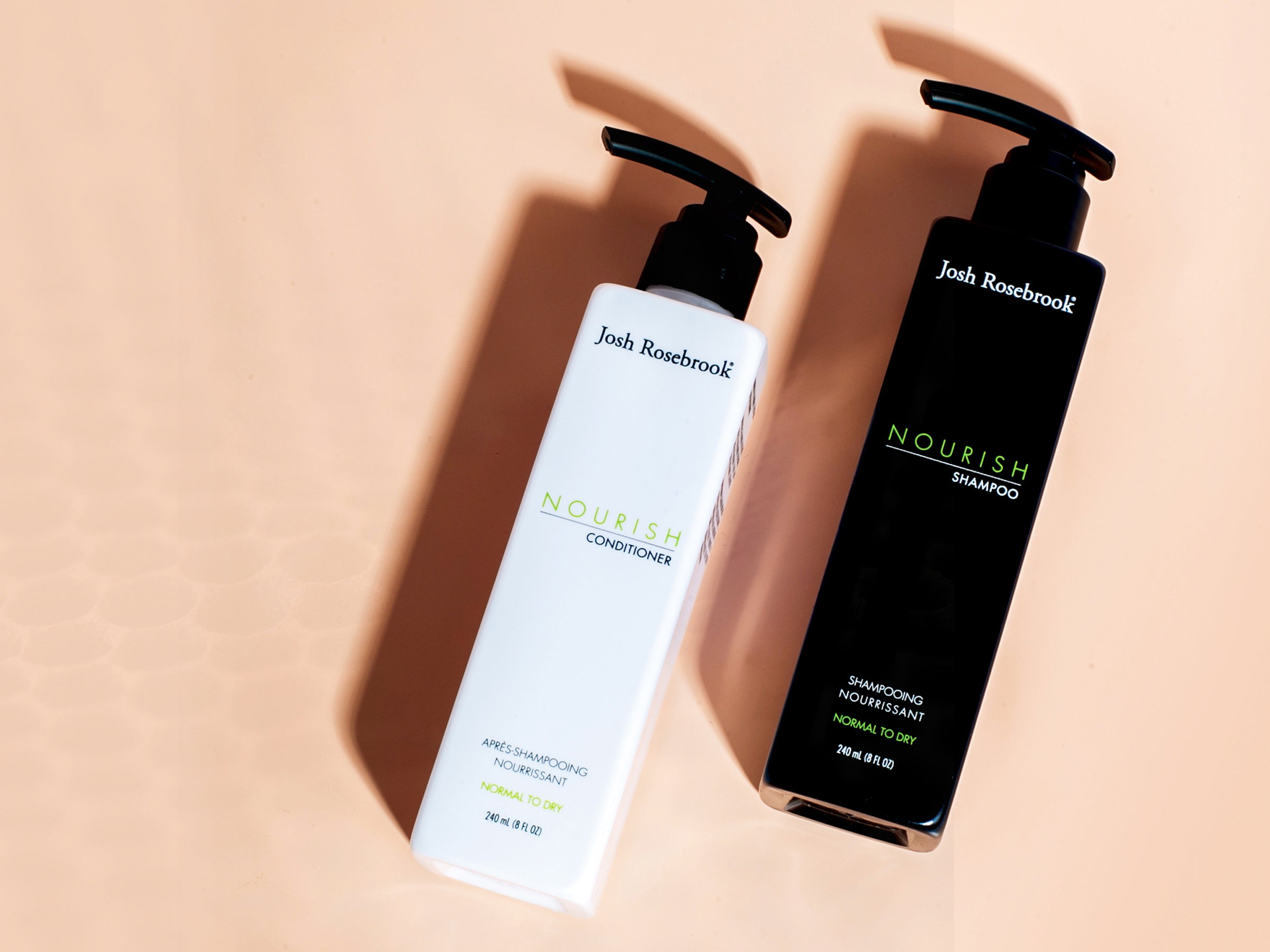
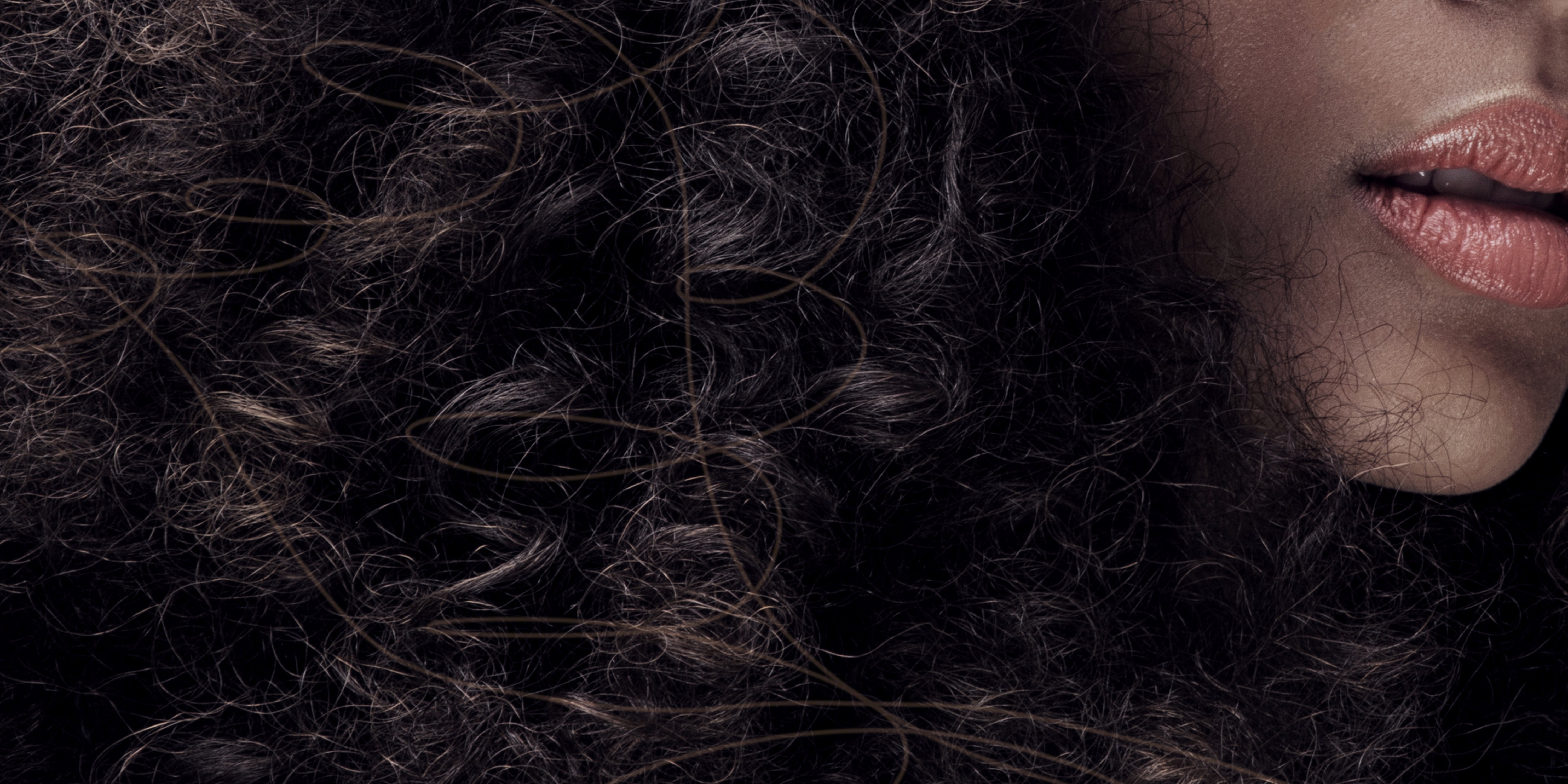
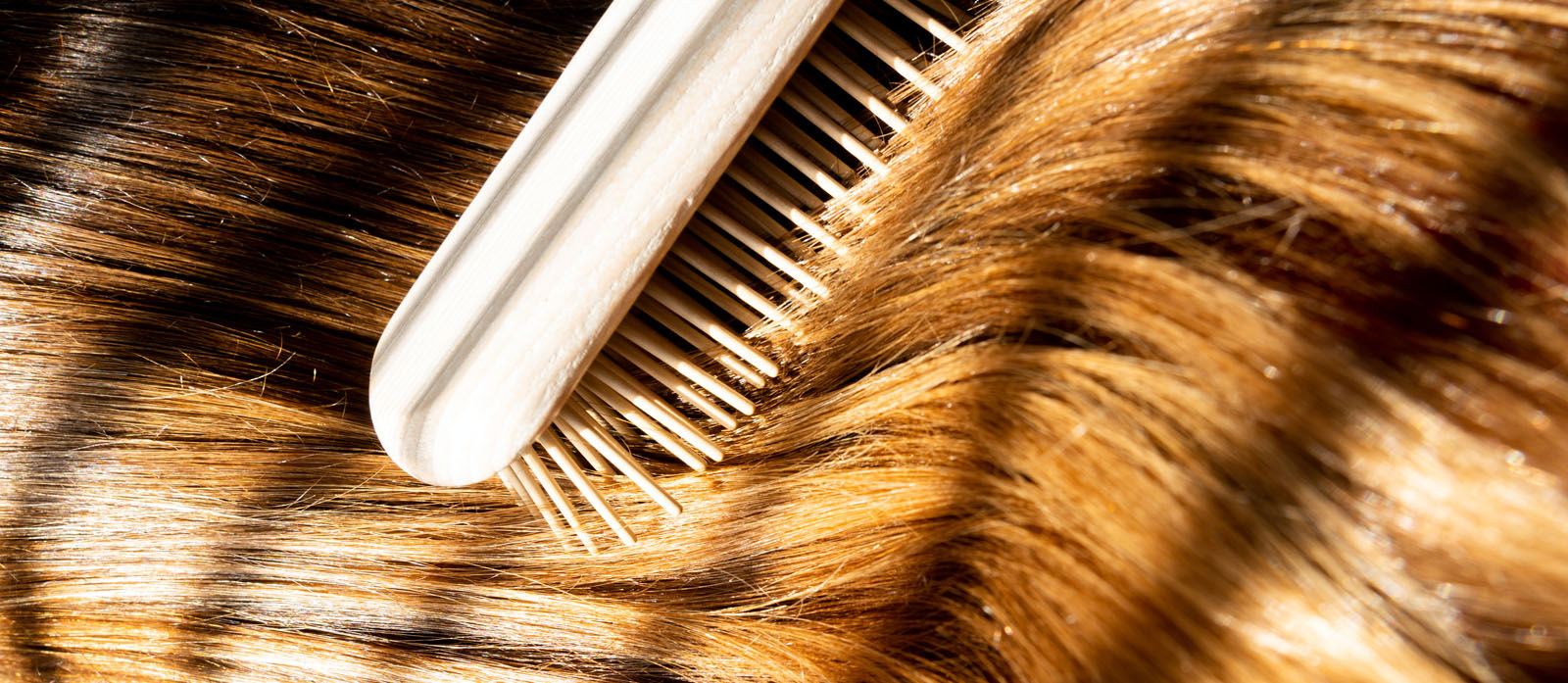
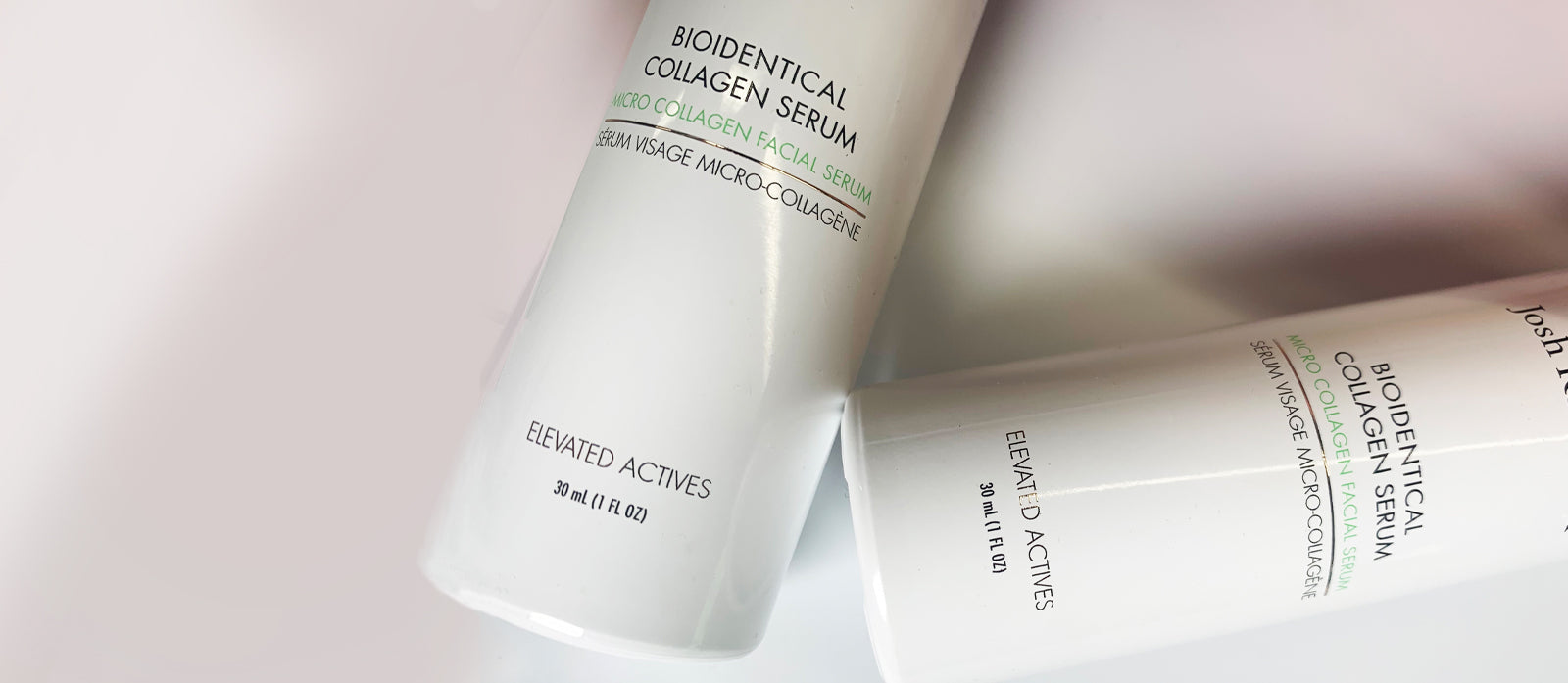
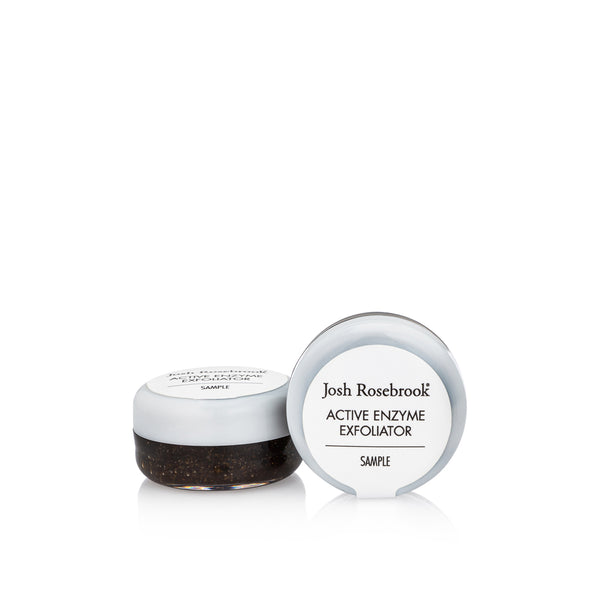
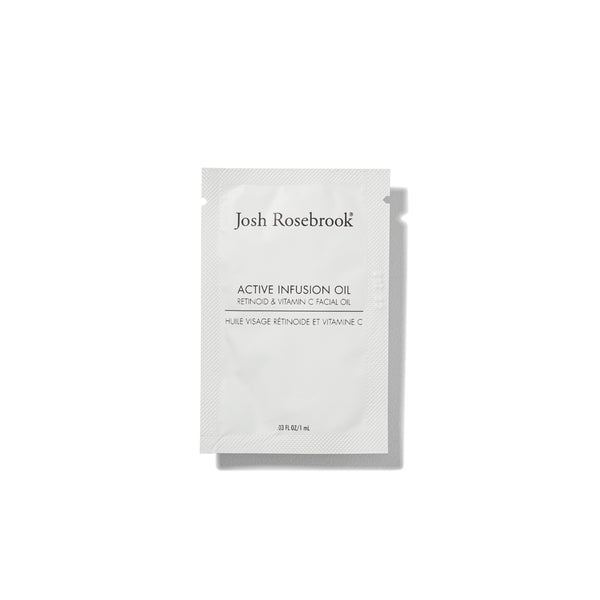
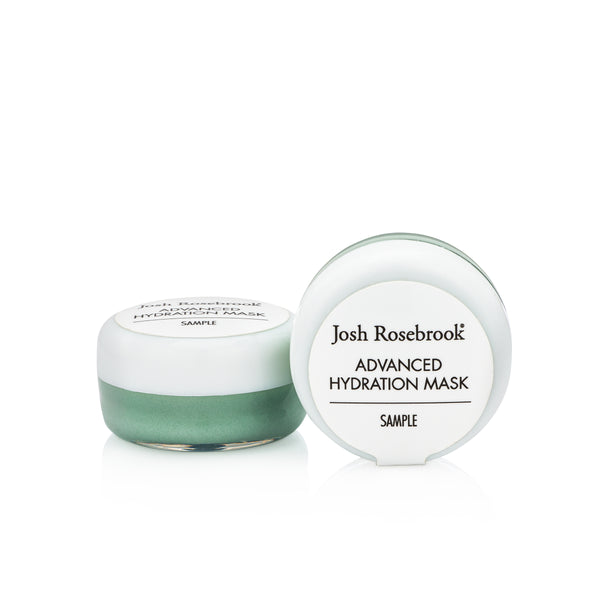
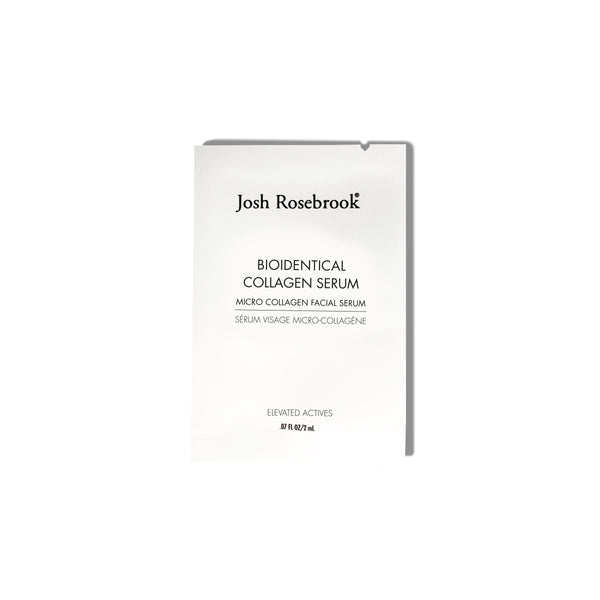

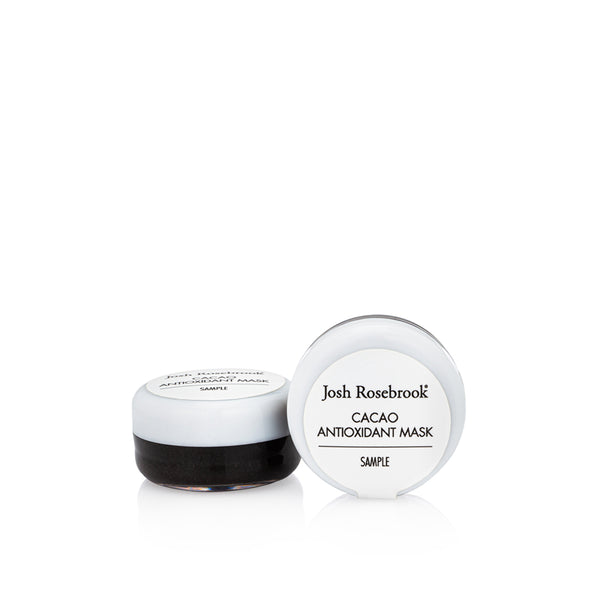
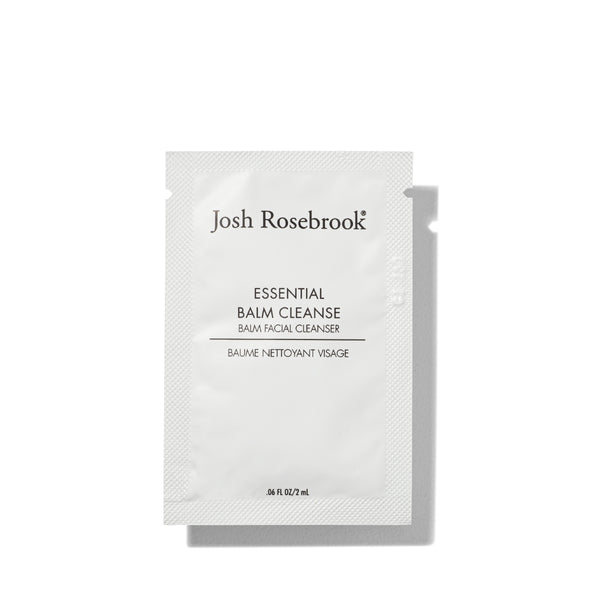
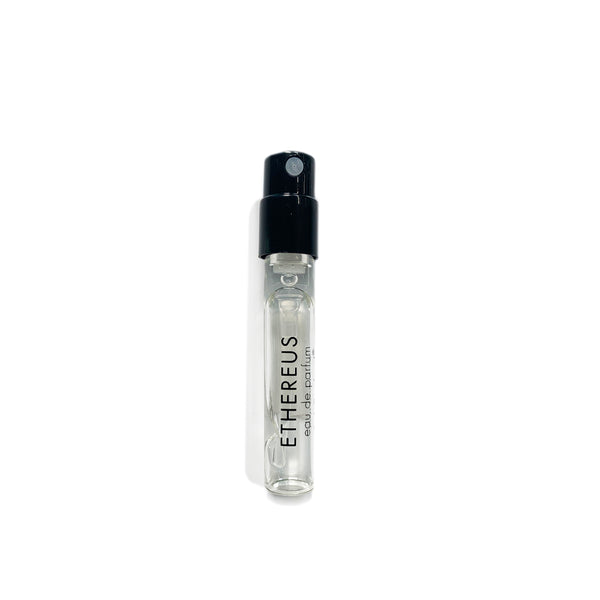
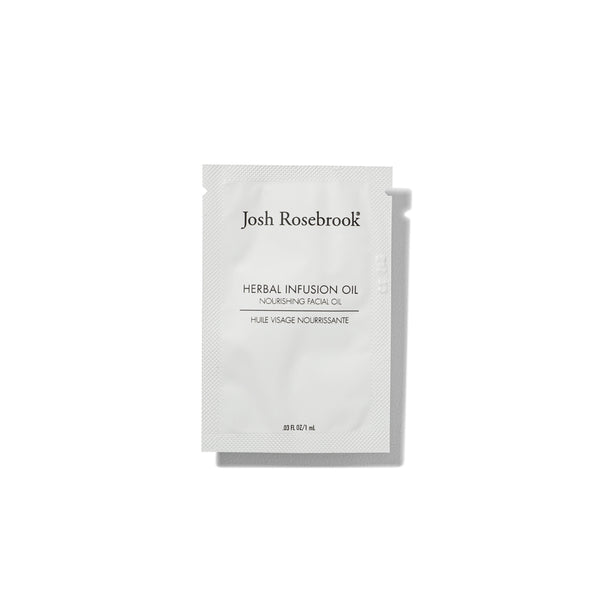
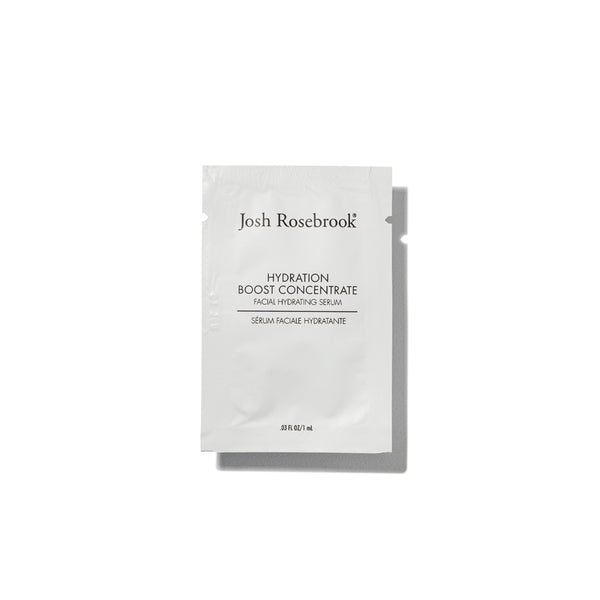
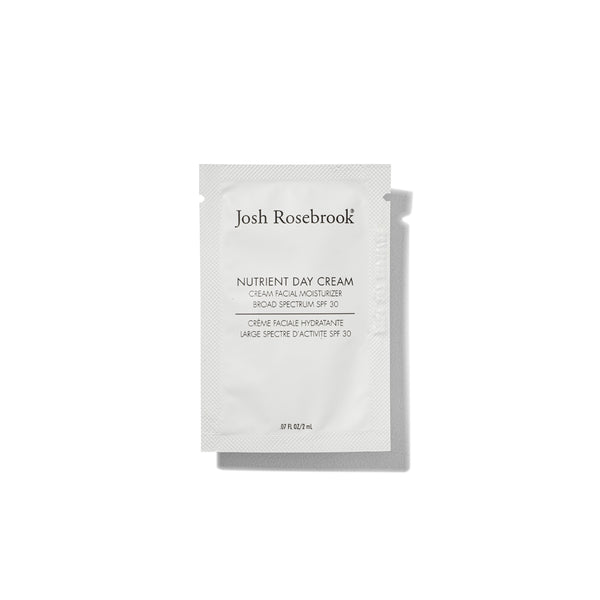
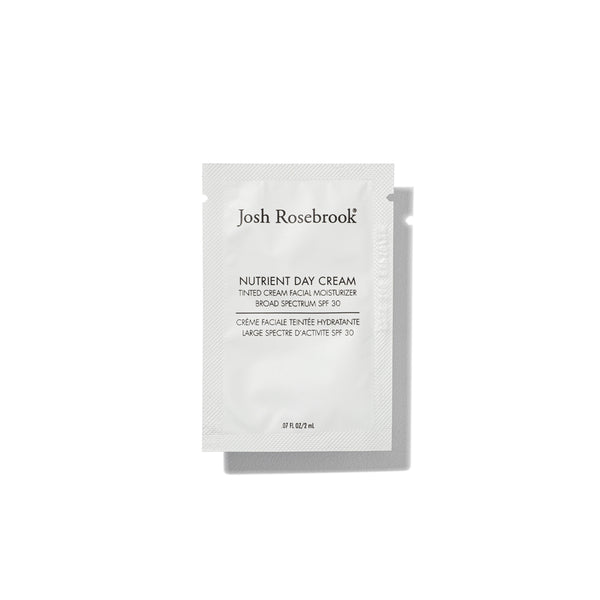
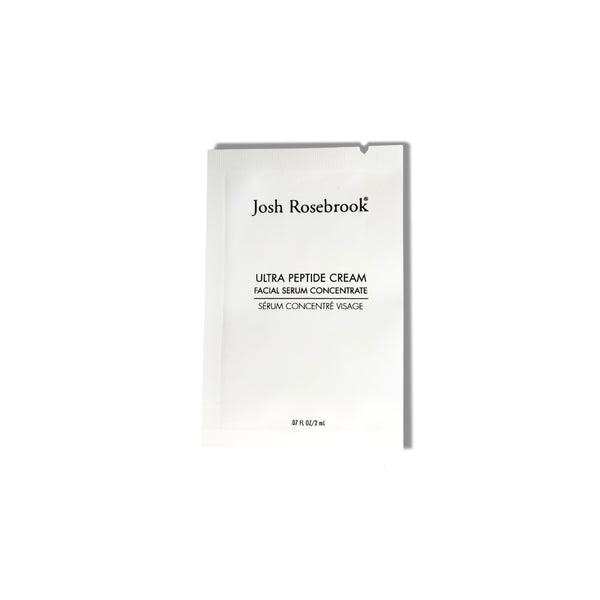
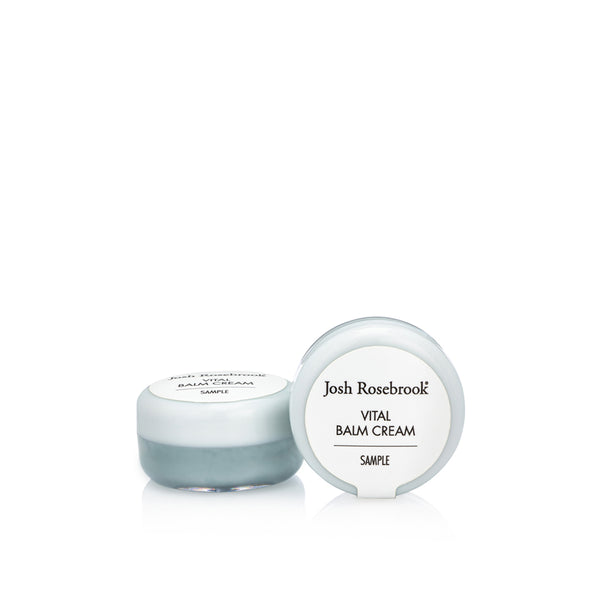
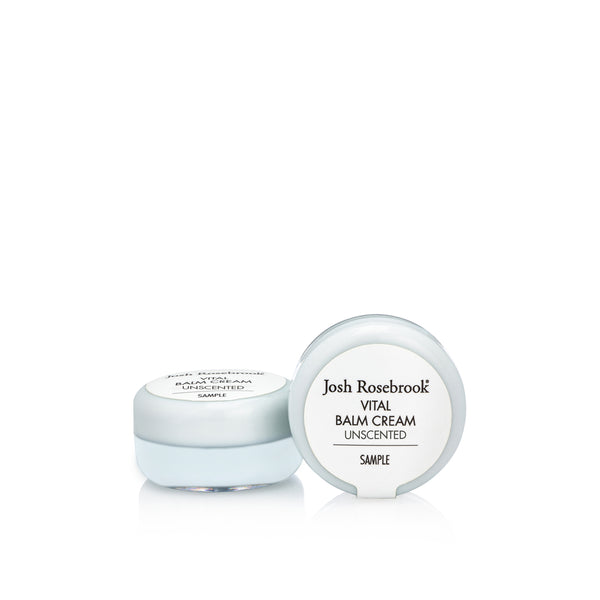
WRITTEN BY Josh Rosebrook